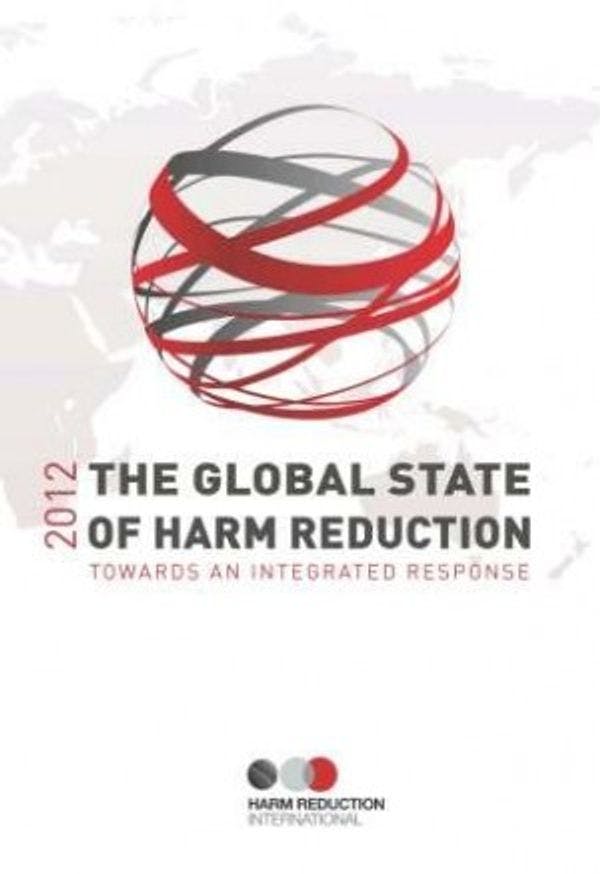Failure to address injecting drug use threatens the global AIDS response, says new report
A new report released today in Washington reveals that the failure of states to adequately fund and scale up HIV prevention programmes for injecting drug use is undermining the global AIDS response
'The Global State of Harm Reduction 2012', launched by the NGO Harm Reduction International to coincide with the International AIDS Conference, compiles data on international developments for HIV prevention among people who inject drugs, such as the availability of needle and syringe exchange programmes and methadone. 'The Global State' is the only independently produced account focussing on this aspect of the epidemic.
The report is available here.
Almost one in three HIV infections outside of sub Saharan Africa is attributed to unsafe injecting practices, making the provision of HIV services to this population a central element of a comprehensive response to AIDS. While the report finds that injecting drug use has been documented in 158 countries, approximately half have no programmes whatsoever to prevent HIV via unsafe injecting practices. Even in countries that have some programmes in place, their success in fighting HIV is severely undermined by lack of coverage of programmes, and a decreasing level of donor support.
'In the last two years have seen a significant scale-down of services in countries with some of the highest HIV burdens among people who inject drugs,' said Rick Lines, Executive Director of Harm Reduction International. 'As tens of thousands gather in Washington this week to call for an end to AIDS, it is becoming increasingly clear that governments have neither the will nor the intention of ending the spread of HIV among people who use drugs.'
'We have seen the number of needle exchange programmes in Russia drop for 70 in 2010 to only 6 in 2012. This is made worse by a retreat of many bilateral and multilateral donors to funding effective harm reduction interventions in many countries,' said Claudia Stoicescu, Public Health Analyst at Harm Reduction International and author of the report. 'Such developments significantly limit progress toward global commitments to halve HIV transmission related to unsafe injecting by 2015, let alone any hope of achieving universal access to HIV prevention, treatment, care and support for people who inject drugs.'
'The reluctance of governments to fund an adequate response to HIV and injecting drug use stands in stark contrast to the seemingly limitless budgets for ineffective and punitive law enforcement responses,' said Lines. 'Governments care more about fighting a losing war on drugs than they do about winning the fight against HIV.'
Keep up-to-date with drug policy developments by subscribing to the IDPC Monthly Alert.
Related Profiles
- Harm Reduction International (HRI)
